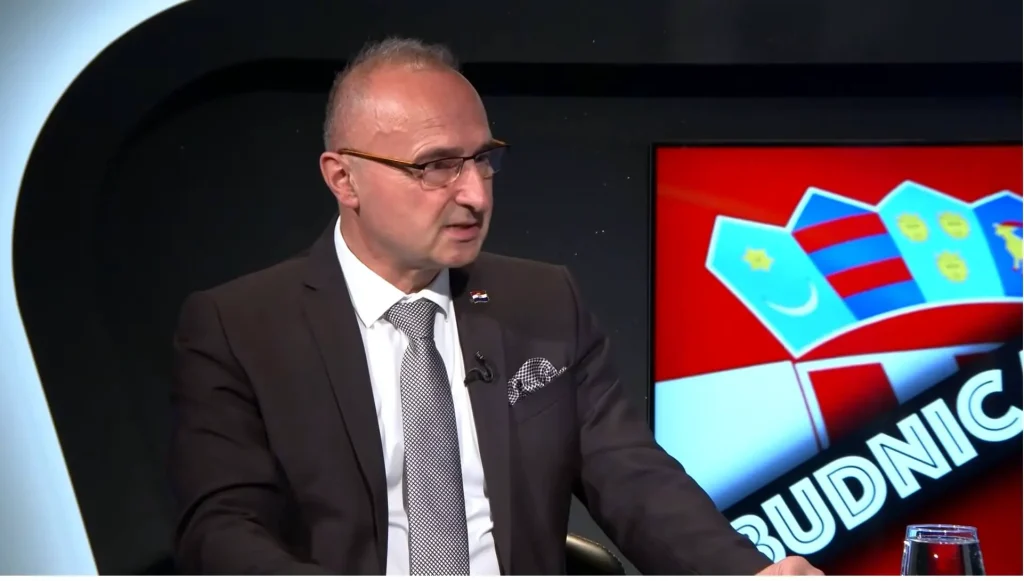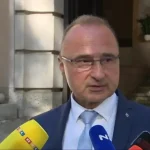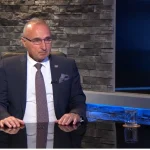In a multiethnic nation, it is good when everyone feels comfortable and respects each other, the minister said. The Bosniak minority is well-integrated, it is a “precious value” to Croatia, he said.
Following statements by previous speakers that “loyalty” was not an expression that reflected the emotional attitude of Bosniaks because “they love Croatia”, he recalled their contribution to the Homeland War.
About 25,000 Bosniaks took part in the Homeland War, and 1,187 laid down their lives for Croatia.
Grlić Radman also talked about Bosnia and Herzegovina, whose territorial integrity Zagreb strongly supports.
“No one has it in their interest for Bosnia and Herzegovina to be a stable and functioning state as much as the Republic of Croatia,” he said.
He said that Croatia had achieved its goals of integration with NATO and the European Union and that it wanted the same path for Bosnia and Herzegovina.
He also commented on the dissatisfaction with the violation of equality and constituency of Bosnian Croats.
“Reforms from 2000 onwards and changes to the election law mainly through interventions by the High Representative have enabled Bosniaks to outvote Croats, who don’t have a legitimate representative in the three-member presidency. We should strive for changes in the election law that will enable equality and constituency and eliminate any forms of discrimination,” he said.
He expressed hope that leaders in Bosnia and Herzegovina would find a solution, and the new High Representative in Bosnia and Herzegovina Christian Schmidt would first and foremost talk and listen, and not impose solutions.
Grlić Radman wished the Bosniaks in Croatia to be successful in preserving their cultural Bosniak identity.
The Day of Bosniaks is observed in memory of the first meeting of the Bosniak Assembly, held on 27 and 27 September 1993, at which Muslims changed their name to Bosniaks and the name Bosnian language was advocated.
For more about politics in Croatia, follow TCN’s dedicated page.











